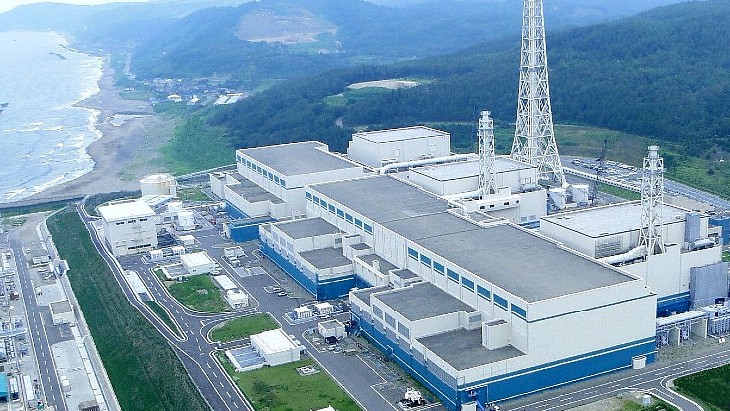Competition Commissioner Joaquin Almunia's conclusion that the plan to build Hinkley Point C nuclear power plant meets state aid rules does not pre-empt a final decision, despite suggestions by some media reports that it does, a British government official stressed.
The EU Commission started an investigation into the project last December, specifically to consider the UK government's intention to include new nuclear power in the contract-for-difference (CfD) mechanism of its electricity market reform, along with other low-carbon technologies. The government – with the support of the country's three main political parties - offered EDF Energy an investment contract for Hinkley Point C with a strike price for its electricity output of £92.50 ($151.77) per MWh if the French utility does not also build the Sizewell C nuclear power plant and £89.50 ($146.84) per MWh if it does. The Department of Energy and Climate Change, which wrote the policy, rejects the suggestion that the CfD mechanism amounts to government subsidy.
A statement by Almunia's spokesman yesterday that he intended to recommend approval of EDF Energy's nuclear power plant project has been widely reported, but "it is not the end of a unique situation" for the European Commission, Professor Robin Grimes, chief scientific adviser to the Foreign and Commonwealth Office, told World Nuclear News. "This is a significant milestone, but there are other parts to go and we need to be cautious and know that we are still in the approval process."
Grimes spoke at the side of the International Atomic Energy Agency's General Conference taking place this week in Vienna, for which he is the head of the UK's delegation.
Inter-service consultation
"There has been no formal recommendation at this point," Grimes said. "There has been an indication, but that doesn't mean that we are finished. Any Commission decision will be subject to a collective decision making and that has to be agreed through an inter-service consultation process. Obviously, we need to wait until this process is completed and a formal announcement by the Commission has been made."
The inter-service process means consultation between other relevant directorates-general, including DG Energy and DG Communication. "They need to do what we in UK government would call a 'Whitehall write-round', when you consult with other departments," Grimes said.
The deal will require approval from the college of EU commissioners. Commission decisions are normally adopted by consensus, but may be put to a vote if a member requests that.
The UK government has been working closely with the EU Commission on the Hinkley Point C state aid investigation "for a considerable time", he said. It anticipates a decision by "sometime in October - before the new Commission takes over - and that will be the final decision." The mandate of President José Manuel Barroso and his commissioners ends in November.
Hinkley Point C will be the first nuclear power plant to be built in the UK since 1995 and, with two 1.6 GWe reactors, it will be the country's biggest. EDF has the backing in principle of China General Nuclear Power Group and China National Nuclear Corporation to help fund the project.
The government is confident that it has "addressed all the material concerns" raised by DG Competition as part of its investigation, "and we are really very hopeful that the deal should receive full state aid clearance." Other directorates-general might raise other issues, he said, such as waste management arrangements and insurance against the loss of an investor. But he stressed that examination of the Hinkley Point C project is a first for the European Commission.
"People seem to be surprised by this development, but actually we are in a unique position with this submission to DG Competition, and we should expect the unexpected. It's good that a new process gives rise to new ideas and new ways of doing things." Final approval of the project will be "genuinely good news both for the UK and for France", he said. "I have no doubt whatsoever about that."
Grimes is also professor of materials physics at Imperial College.
Researched and written
by World Nuclear News





_91467.jpg)
_47120.jpg)
_16439.jpg)





